President Trump launched his presidency with sweeping executive orders, reversing Biden-era policies on immigration, energy, and diversity, while reinstating a hard-line agenda on border control, resource extraction, and trade.
On Monday, President Trump issued a series of executive orders, signaling a sharp shift from the policies of President Biden. These actions targeted key areas like immigration, the environment, and diversity, aiming to reverse many of Biden’s significant domestic policies while reinstating Trump-era priorities.
In an evening speech, Trump announced the revocation of nearly 80 Biden-era orders, including rebuilding the refugee program and ending the use of private prisons.
His agenda also seeks to expand resource extraction and restrict immigration, moves likely to face legal challenges. Below is an overview of Trump’s initial executive orders:
1. Federal Work Force
The federal workforce faced immediate changes, with a hiring freeze imposed except for military and enforcement roles. Trump reinstated “Schedule F,” a category of federal workers without typical job protections, halted the implementation of new regulations for review by his appointees, and ordered investigations into alleged government misconduct.
Security clearances were granted to White House staff without traditional vetting, and remote work policies for federal employees were terminated.
2. Immigration
Trump moved to bar asylum claims at the southern border and announced plans to end birthright citizenship for children of undocumented immigrants. The Refugee Admissions Program was suspended, and a border emergency was declared to unlock funds for enforcement and wall construction.
He also reinstated the policy requiring asylum seekers to remain in Mexico while awaiting case decisions and considered designating cartels as terrorist organizations.
3. Gender and Diversity, Equity and Inclusion Initiatives
Diversity and gender policies saw a rollback, as Trump terminated federal Diversity, Equity, and Inclusion programs, legally recognized only two genders, and removed protections for transgender individuals in federal prisons.
4.Tariffs and Trade
Trump initiated investigations into trade practices, including flows of drugs and migrants. He directed reviews of the U.S.-China trade deal and the USMCA and explored creating an "External Revenue Service" to handle tariffs.
Additionally, he ordered an assessment of national security-related tariffs.
5. Energy and the Environment
Environmental and energy policies underwent significant shifts, with Trump withdrawing the U.S. from the Paris Agreement and declaring a national energy emergency.
He lifted Biden-era restrictions on offshore drilling, opened Alaska’s wilderness for resource extraction, and reversed regulations promoting electric vehicles.
Offshore wind farm leases were paused, and environmental justice programs aimed at protecting disadvantaged communities were eliminated.
6. TikTok ban
Regarding TikTok, Trump suspended its ban for 75 days while reviewing potential national security risks, aiming to find a resolution that preserves the platform for American users.
Other actions included withdrawing from the World Health Organization, renaming Mount Denali and the Gulf of Mexico, and ensuring states had sufficient lethal injection drugs for the death penalty.
Trump also launched a cost-cutting initiative led by Elon Musk and revoked security clearances for individuals who questioned the Hunter Biden laptop story.
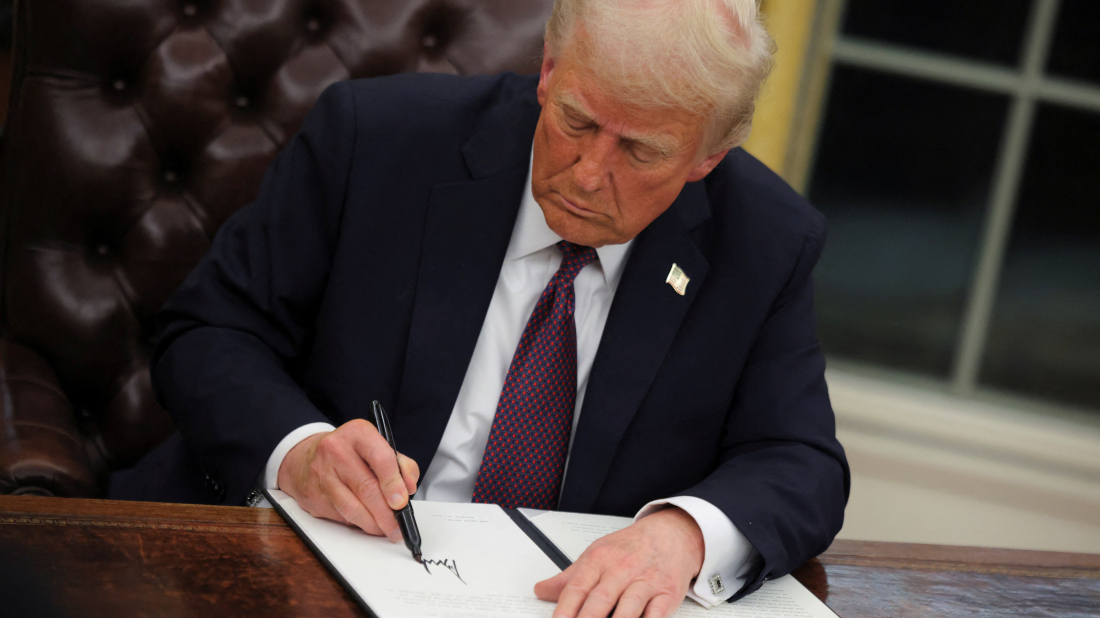
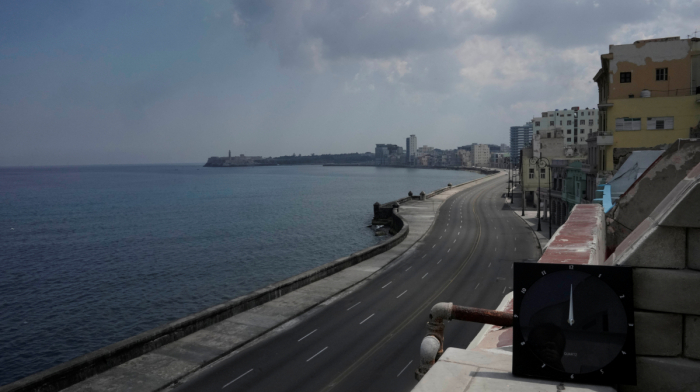


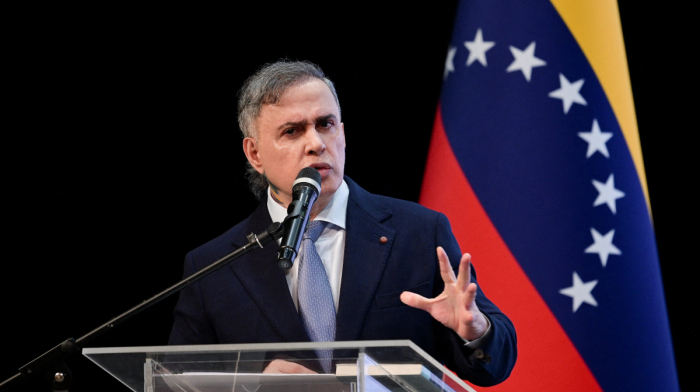
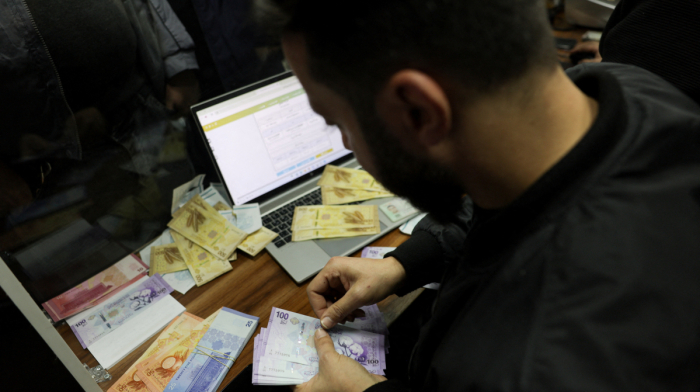

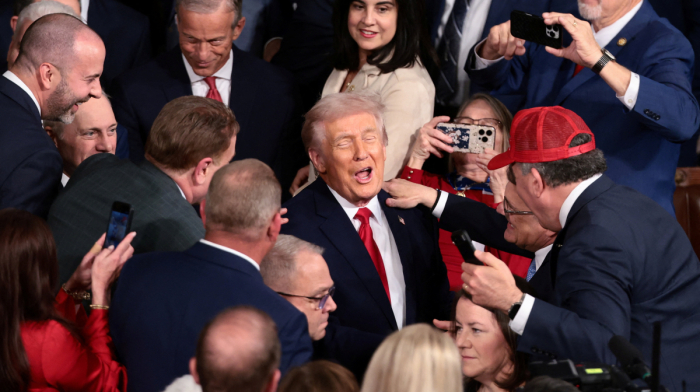
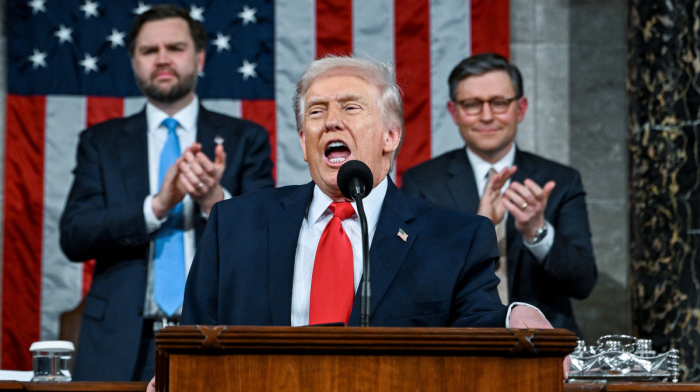
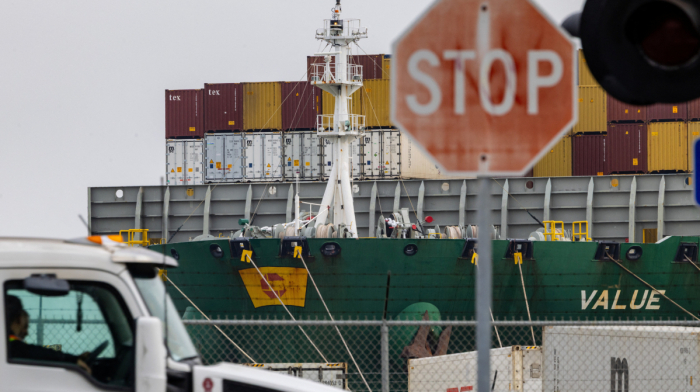
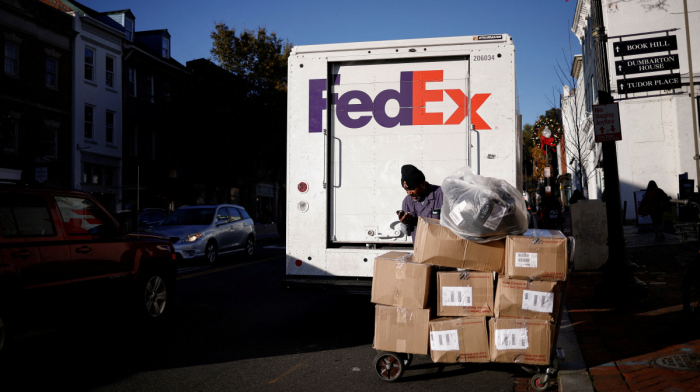
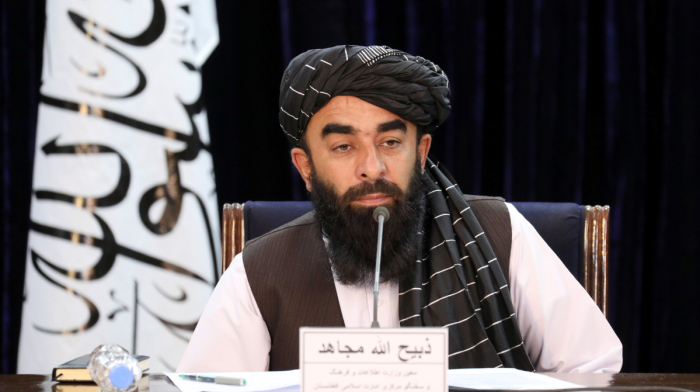
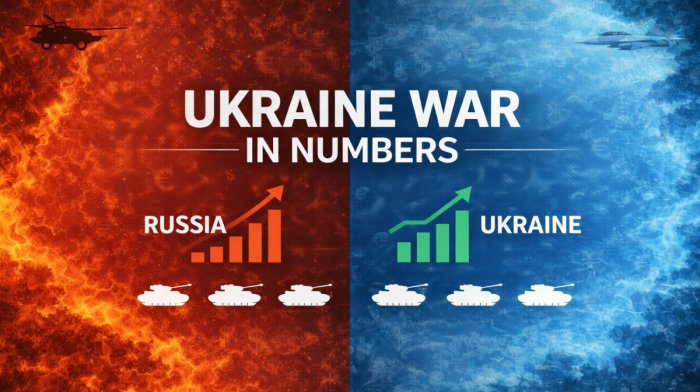

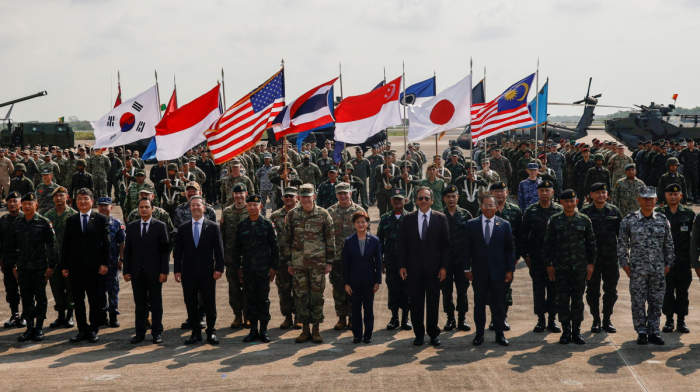
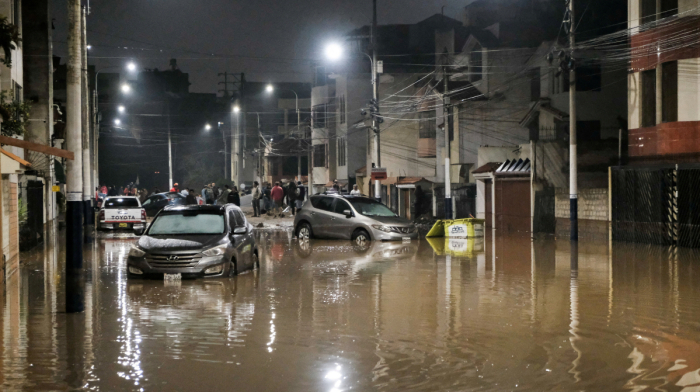
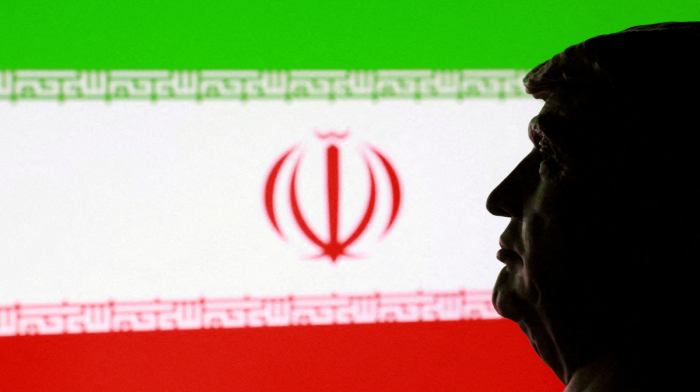
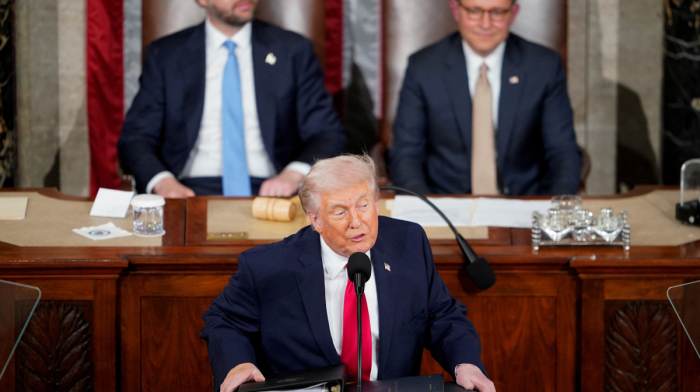



What is your opinion on this topic?
Leave the first comment